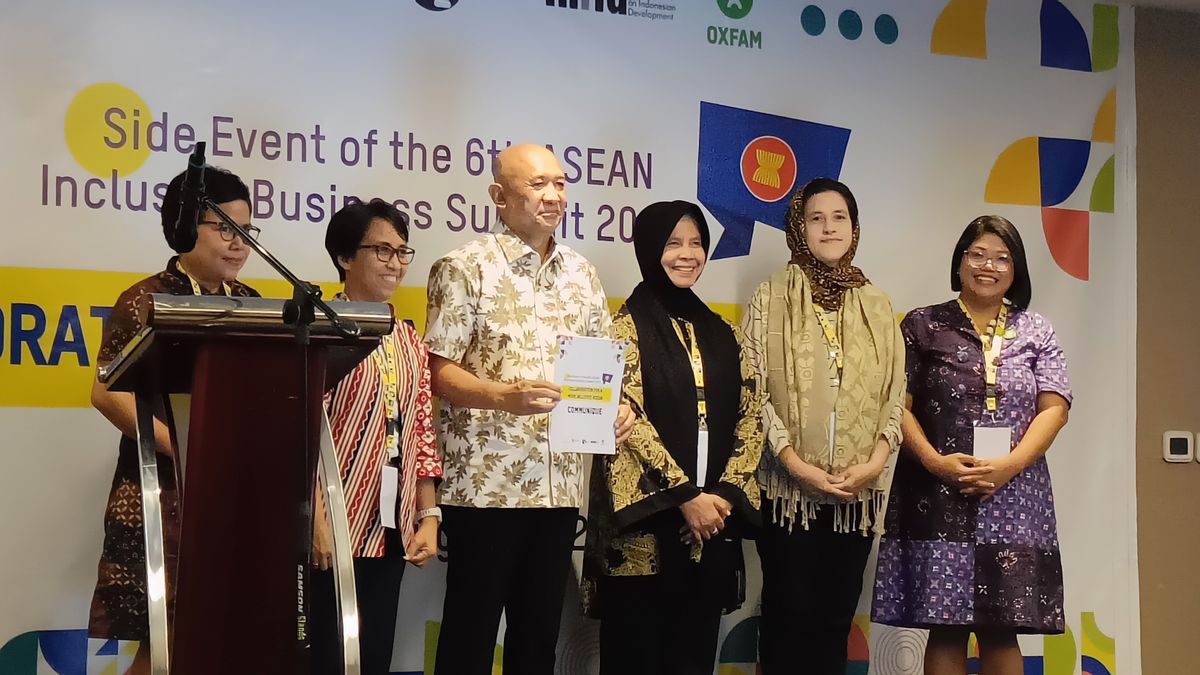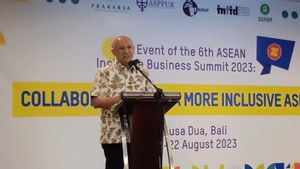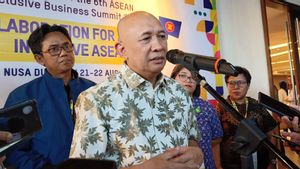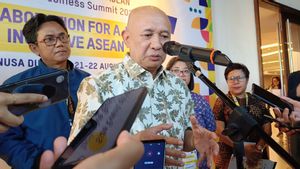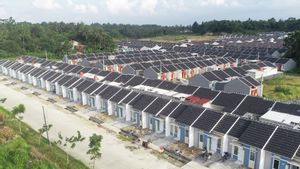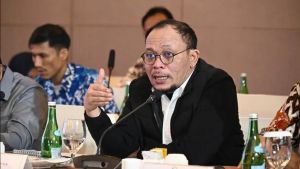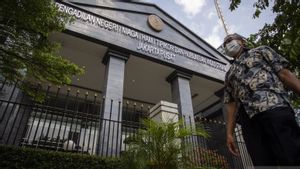As many as 59 Civil Society organizations (OMS) from various ASEAN countries handed over communication, one of which contained recommendations for determining the special funding mechanism for inclusive businesses to the Minister of Cooperatives and SMEs (Menkop UKM) Teten Masduki for further taking to the ASEAN Inclusive Business Summit.
"To ASEAN leaders to establish a long-term and special funding mechanism or financial instruments that provide affordable capital for inclusive and responsible business initiatives," said Deputy Director of the research institute and advocacy of The PRAKARSA Victoria Fanggidae during the Side Event Inclusive Business Summit 2023: Collaboration for A More Inclusive ASEAN", in Nusa Dua, Bali, Tuesday, August 22.
Victoria said this was done through partnerships with financial institutions, impact investors, and development banks.
"The government of Southeast Asian countries must provide financial access for small business owners, small farmers, small fishermen, and women entrepreneurs, because this remains a challenge, especially for marginalized groups," he said.
The second recommendation is to ask ASEAN leaders to work together with communities, small-scale farmers, women business owners to run and develop business models that are adapted to contexts in the region by involving them in making policies to strengthen the role and capacity of cooperatives in the value chain.
The OMS multistakeholder and learning forum and the Women's Rights Organization (WROs) also asked ASEAN leaders to involve Civil Society Organizations meaningfully, especially in shaping transparent and standardized impact measurement tools, as well as reporting frameworks.
Then, strengthen ASEAN's commitment to creating a supportive environment for the private sector, entrepreneurs, and communities to adopt and share technological innovations throughout the region.
"Sixth, to ASEAN leaders to encourage cross-ministerial cooperation in sectors and government institutions to provide support for care economy that will increase and expand women's participation in economic activities," he said.
Not only that, but communique also contains recommendations to strengthen the quality and availability of data on small and medium enterprises (SMEs) and care economys that will be used for consideration of policy making at the national and regional levels.
Finally, ASEAN leaders are asked to carry out trial initiatives in various countries to encourage inclusive and responsible business models that are adapted to the context of ASEAN countries.
"Inclusive and responsible business models tested must include a commitment to proper support for outpatient work and work. These trials will be used as a learning medium, as well as identifying and strengthening network of champions in the private sector who are committed to an inclusive and responsible business," Victoria said.
VOIR éGALEMENT:
On the same occasion, Minister of Cooperatives and SMEs (Menkop UKM) Teten Masduki admitted that it was very easy for his party to implement the eight recommendations and several recommendations would be the basis for policy making for the Kemenkop UKM.
Moreover, currently the government is in the democratic era and there are many opportunities in policy making that can be influenced by the community.
"Especially in our ministry, because we are involving cooperatives and SMEs on industrialization based on our national resources, such as palm oil, mines, and plantation products and so on, so that industrialization is not only enjoyed by large businesses," he said.
The English, Chinese, Japanese, Arabic, and French versions are automatically generated by the AI. So there may still be inaccuracies in translating, please always see Indonesian as our main language. (system supported by DigitalSiber.id)
